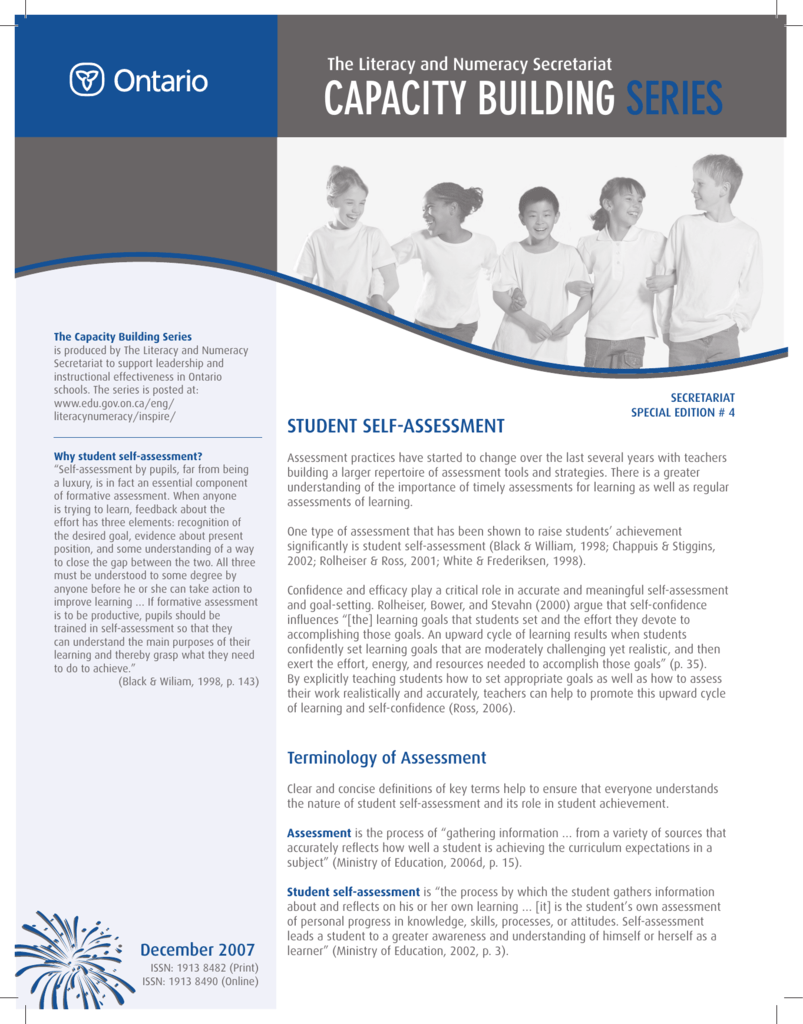The Spark
Within my last post, I mentioned completing my Primary Education Specialist with the Elementary Teachers Federation of Ontario (ETFO) in December of this year. It was during one of the modules within my Specialist course where we were presented with the opportunity of self selecting a topic of inquiry. A new reading program was being rolled out earlier this year that is based in the Science of Reading and I realized that I would like to learn and engage more with this topic so I decided to focus my inquiry on Reading. I decided to reach out to Marisa Weinberg, our Primary Literacy Coach, MLL Teacher, Math Lead Teacher, and P/J/I SERT, for support in the learning process.
Parent Voice
As you know from previous years, I have been the chairperson for Moraine Hills Public School's Annual Family Math Night (see 3rd Annual post, 2nd Annual post, and 1st volunteer post). I always wanted to have the opportunity to be chairperson for a Family Literacy Night and connected with Marisa about the idea. It was then she mentioned that our Parent Council expressed interest in our school holding a Math and Literacy Night. We decided that it would be perfect to host a Literacy Night so that we can support families in learning more about our shared literacy goals. Marisa and I became co-chairpersons for this event.
We held our Family Literacy Night on February 28th, 2023. It was so nice to see families from our community come out for an evening of Literacy learning, fun games, and cool prizes! It's very important to build partnerships with families in our community and extend learning from the classroom into homes.
The Event
Here are some snapshots of some of the learning opportunities, resources, games and prizes at our event.
"By reading a wide range of materials and being challenged by what they read, students become receptive to new and widely varying ideas and perspectives and develop their ability to think independently and critically. It is also important to give students opportunities to choose what they read and what they write about, in order to encourage the development of their own interests and pursuits"- Ministry of Education
Roles and Responsibilities of Parents:
"Studies show that students perform better in school when their parents are involved in their education"- Ministry of Education
"Effective ways in which parents can support students’ learning include:
-attending parent teacher interviews
-encouraging child(ren) to complete their assignments at home
-encouraging their child(ren) to read every day; talk and play together at home; take out a library membership; join a book club, a computer club, a camera club, or a community group; participate in an online pen pal program; or subscribe to an age-appropriate magazine.
-participating in parent workshops and school council activities (including becoming a school council member)"
Roles and Responsibilities of Teachers:
"Teachers are responsible for developing appropriate instructional strategies to help students achieve the curriculum expectations, and appropriate methods for assessing and evaluating student learning" - Ministry of Education
-"They bring enthusiasm and varied teaching and assessment approaches to the classroom
-Addresses individual students’ needs and ensuring sound learning opportunities for every student
-Use variety of instructional, assessment, and evaluation strategies, teachers provide numerous opportunities for students to develop the skills and knowledge in reading, writing, listening, speaking, viewing, and representing that will enable them to make meaningful connections between what they already know and what they need to know
-They provide students with frequent opportunities to practise and apply new learning and, through regular and varied assessment, give them the specific feedback they need in order to further develop and refine their skills
-By assigning tasks that promote the development of higher-order thinking skills, teachers enable students to become thoughtful and effective communicators. In addition, teachers encourage students to think out loud about their own language processes, and support them in developing the language and techniques they need to assess their own learning.
-Opportunities to relate knowledge and skills in language learning to wider contexts, both across the curriculum and in the world beyond the school, motivate students to learn and to become lifelong learners."
Roles and Responsibilities of Students:
"Students’ responsibilities with respect to their own learning develop gradually and increase over time, as students progress through elementary and secondary school" -Ministry of Education
-"Mastering the concepts and skills connected with the language curriculum requires work, study, and the development of cooperative skills
-Their understanding and skills will grow as they explore their world and engage in activities, for their own purposes, that involve reading, writing, speaking, listening, viewing, and representing
-Students develop their literacy skills when they seek out recreational reading materials and multimedia works that relate to their personal interests and to other subject areas, and when they engage in conversation with parents, peers, and teachers about what they are reading, writing, viewing, representing, and thinking in their daily lives."
Roles and Responsibilities of Community Partners:
"Community partners can be an important resource in students’ language development. They can provide support for students with literacy needs, both in the classroom and as living models of how the curriculum relates to life beyond school" - Ministry of Education
-"Such modelling and mentoring can enrich not only the educational experience of students but also the life of the community
-Schools and school boards can play a role by coordinating efforts with community partners. They can involve community volunteers in supporting language instruction and in promoting a focus on literacy in and outside the school.
-Community partners can be included in literacy events held in the school, and school boards can collaborate with leaders of existing community-based literacy programs for youth, including programs offered in public libraries and community centres."
Connection
Wellington Public School included Community Partners within our Family Literacy Night event by inviting the Aurora Public Library to attend. The Aurora Public Library set up a booth and participated in our event by:
-Informing parents of programs/services available at the Library and opportunity to register (ie. March Break camp)
-Offering library card registration to families who would like to join and access resources
-Providing fun robotic coding activities on site for the children and families to enjoy
The Team
Thank you so much to the dedicated staff members who collaborated in planning, organizing, and facilitating the event:
Mr. Jonathan Weisinger (Principal of Wellington Public School), Mrs. Weinberg, Mrs. Massimo, Ms. Cherutti, Ms. Sherifovski, Ms. Krasovitskaya, Ms. Fung, Mrs. Serpa, and Ms. Zuchlinski. It was such a pleasure working with each of you!
We also had many dedicated Intermediate Student Leaders assisting to create posters and run stations at the event. We thank and appreciate you as well! At my old school, we had name tags for all educators and students running the event so that families can distinguish us from the crowd and assist/engage them better. I decided to carry this on to our event at this school too.
Last but not least, I would like to extend a special thanks to Deborah Joyce, Superintendent of Education for attending our Family Literacy Night Event. It was a great pleasure to have you at Wellington Public School!Personal Reflection
I was beyond grateful for our team throughout this experience because I understand the importance of building community, partnerships with parents, and extending the learning that takes place at school into the homes of our students. Family event nights are a great way to engage students and families in this learning and allow them to gain a greater understanding of what is happening in our schools. It also provides parents with ideas and tools to support learning at home. It was really great to work with such a dedicated team! I found this to be the case at both schools I was teaching at. Now that I have had the opportunity to co-facilitate a Family Literacy Night Event and maneuver through the logistics and implementation of it, I feel confident in implementing another one. There is always room for improvement and I have made note of things I would like to add/change for next time. One of the things being that I would like to offer learning opportunities that encompass all strands of the Language curriculum, just as when I implemented a Family Math Night we offered learning opportunities for all strands of the Math curriculum. We focused on Reading for now because there has been a shift in our Reading program and families expressed interest and had inquiries towards reading. Our delivery was based in parent voice and feedback.
Overall, it was a great experience and I look forward to co-facilitating Family Literacy Night events within any school community I am part of.
"Reading is the gateway for children that makes all other learning possible" - Barak Obama
Thank you for reading!
~Mrs. Rose Najafi, OCT, RECE























































